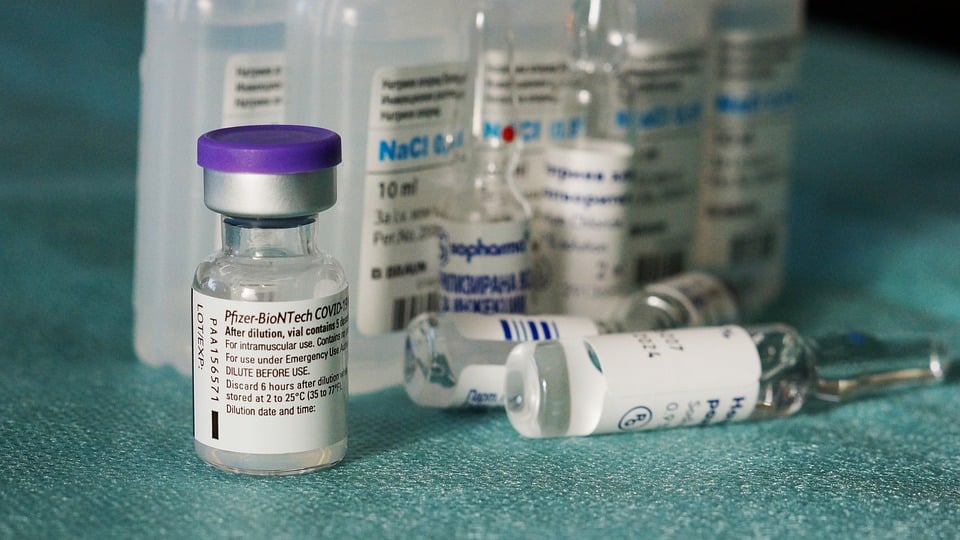Analysis
Pfizer wants government to bear liability for all its vaccines administered in India
Pfizer has once again sent the ball rolling towards the Centre by insisting that the government bear the liability for all its vaccines administered in India even if an adverse event claim is made outside the country.
A government official said the pharmaceutical major has sought an extension of indemnity for vaccines administered in India even if the person subsequently moves abroad. However, India is not on the same page and is, in fact, reluctant to provide such overseas indemnity. But it is in talks for an early resolution to facilitate the supply of the Pfizer-BioNTech COVID-19 vaccine in the private sector.
“Our intent behind the indemnity ask is to reach a balance of risk given that these are extraordinary circumstances in which vaccines have been developed and deployed,” a Pfizer spokesperson said. “Our ask is not specific to any particular situation or geography and is also consistent with our ask from over a hundred other countries where the Pfizer-BioNTech COVID-19 vaccine has been successfully deployed. We remain hopeful that we will be able to make the vaccine available for use in the country.”
Its not only India, Latin America has also had to give into Pfizer’s demands. Brazil, Argentina, Colombia and Peru, among other countries in the region, were also exposed to demands by the laboratories for financial indemnity. Eight Latin American countries changed their laws to contend with potential lawsuits that vaccine manufacturers may face if there are serious adverse effects after mass vaccination plans are carried out.
Colombia is an example. It made clear in the new legislation that the government can take out a global coverage policy to protect against possible lawsuits, one of the requirements imposed by Pfizer to sell its vaccine. Panama also falls in the same category, where Pfizer was referred to directly in the country’s legislation following its request for confidentiality in the procurement process. The Dominican Republic (DR) signed a binding term sheet with Pfizer in which it accepted the immunity demanded by the multinational pharmaceutical company.
As such, a number of countries have accused Pfizer of imposing unacceptable conditions on the sale of its vaccines. To protect itself against possible lawsuits, Pfizer has gone as far as asking countries to put up their sovereign assets, such as federal bank reserves and military bases as collateral. It should be noted that Peru government officials revealed to OjoPublico that during the negotiation process, Pfizer asked for clauses indemnifying itself for the possible adverse effects of the vaccine, delays in delivery of batches, or other types of protection against future lawsuits. The Peruvian Government, during the course of the negotiations, issued a supreme decree agreeing to submit to international arbitration in the event of disputes arising from the purchase of vaccines.
Also Read: HDFC Bank and Paytm collaborate to jointly offer digital payment solutions
In February 2021, the Peruvian Ministry of Health and Pfizer sealed a contract for 20 million vaccines, five months after a binding term sheet was signed. This agreement provided that Peru would pay USD 118.8 million for an initial 9.9 million vaccines – meaning $12 per dose or $24 for the two shots. The Peruvian Government also issued another decree further shrouding the vaccine procurement process in secrecy by protecting the confidentiality agreements and clauses with laboratories.
Over all, almost all countries did make changes in their laws to ensure the confidentiality of the buying process and to allow shortcuts to be made in their public procurement systems.











































Pingback: HR tech startups have struggled to justify the importance of technology.